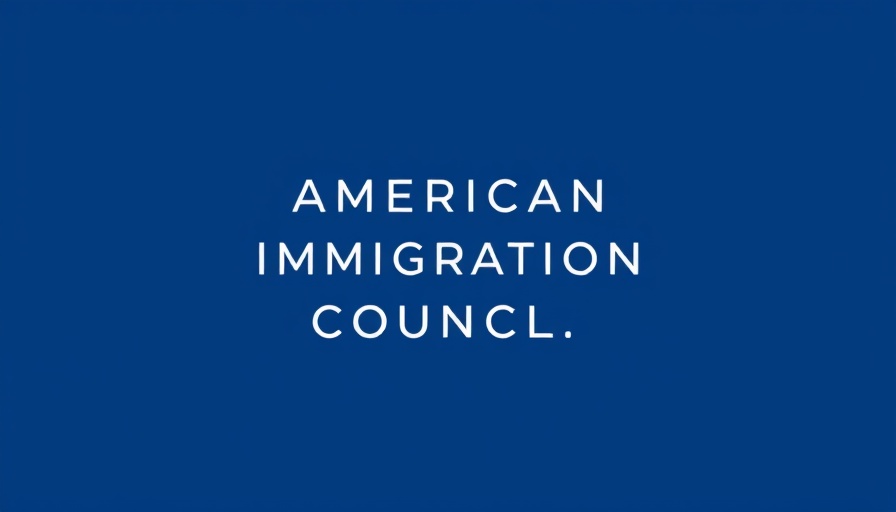
Trump's Online Trolling: A New Strategy?
The Trump administration is ramping up its online trolling, a tactic many political observers criticize as childish and unbefitting for government communications. Recently, a post from the Department of Homeland Security (DHS) featuring a painting depicting settlers in a covered wagon has sparked outrage amid ongoing immigration raids. Critics argue that this post romanticizes a troubling history while completely ignoring current events where DHS’s agents are actively targeting undocumented immigrants.
Immigration and the Historical Context
The post, captioned "Remember your Homeland’s Heritage," received a mixed reception online, racking up millions of views. Advocates for immigrant rights slammed the message, comparing it to propaganda reminiscent of darker historical periods such as Nazi Germany. Many questioned the portrayal of this heritage, asking, “Whose heritage are we discussing?” In contrast, some supporters defended the narrative as a celebration of traditional values.
Raids and Judicial Involvement
Crucially, as the rhetoric heats up, a federal judge has ruled against the indiscriminate use of race in immigration enforcement practices, temporarily halting sweeps in Southern California. This highlights a growing divide between the administration's narrative and judicial accountability regarding immigration practices. The trolling, therefore, takes place against a backdrop of significant legal and ethical ramifications.
Future Predictions: The Impact of Trolling
As the Trump team employs trolling to navigate public opinions on immigration, one must consider its potential long-term effects. Will using memes and humor overshadow crucial discussions about immigration reform, or will they galvanize further opposition and activism against such antics? This strategy could be a double-edged sword, with implications for the future political landscape.
In conclusion, the trolling carried out by the Trump administration raises pertinent questions about state messaging amid serious immigration debates. It invites both supporters and critics to consider the implications of the narratives being pushed forward. When engaging with such content, we are called to critically evaluate the underlying messages and their impact on society.
 Add Row
Add Row  Add
Add 




Write A Comment